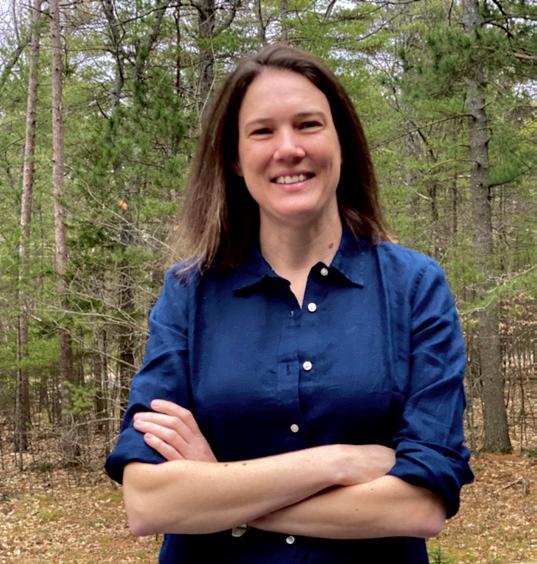
1 minute read
Higher Education Pathway
Dissertation Title
AN INTERSECTIONAL QUALITATIVE INQUIRY: EXPERIENCE AND IDENTITY OF UNCOVERED MUSLIM WOMEN
Abstract
Muslim women are portrayed with a dichotomous image: on one side, as the victims of the patriarchal Muslim men and, on the other, as the violent associates of the Muslim terrorist (Maruoka, 2008). Head covering, the most visible Muslim-identified marker, has thus assumed an outsized space in Muslim women's research. However, while studies on Muslim women are voluminous, little research focuses solely on uncovered Muslim women. This grounded theory study aimed to describe the process of Muslim college women who do not veil to establish their identity. Drawing upon intersectionality theory, this study sought to understand the multidimensionality of uncovered college women's identity and how social, cultural, and political contexts shaped their identity. Data were collected from 13 self-identified Muslim college women who did not cover. These young women contested an imposed Muslim identity by challenging the complicity of misusing religion to justify the cultural practices that relegated women to a powerless position. Using an unapologetic gendered lens, they questioned religious rules and norms and asserted that "religion is more internal and external" when making decisions about how to live their lives. They grappled with an emerging Muslim woman’s identity as an invasion of external socio-political events, an invasion that forced them to try to occupy a space within this racialized country. At the intersection of gender, religion, skin color, and race, these young women wrestled with their power, privilege, and lack thereof in their lives. Ultimately, they claimed an imperfect racial identity to stand in solidarity with other marginalized groups amid internal and external turmoil.
Biography
Sau Fong Au has devoted her career to advancing women’s rights and status. She has worked in non-profit, government, and higher education to create programs and services for the marginalized population, such as immigrant workers, young people, LGBTQ youth of color, people living with and affected by HIV/AIDS, and most recently, college women of color. Currently the Director of the Women’s Center at Brooklyn College, she earned a B.A. in History from the Chinese University of Hong Kong, an M.Ed. in Education from Rutgers University, and an Ed.D. in Educational Leadership from Manhattanville College. Using an interdisciplinary approach, her research interests include the contemporary Asian American experience, feminist movement and theories, spirituality and faith, student development, and student engagement for women and religious minorities.










